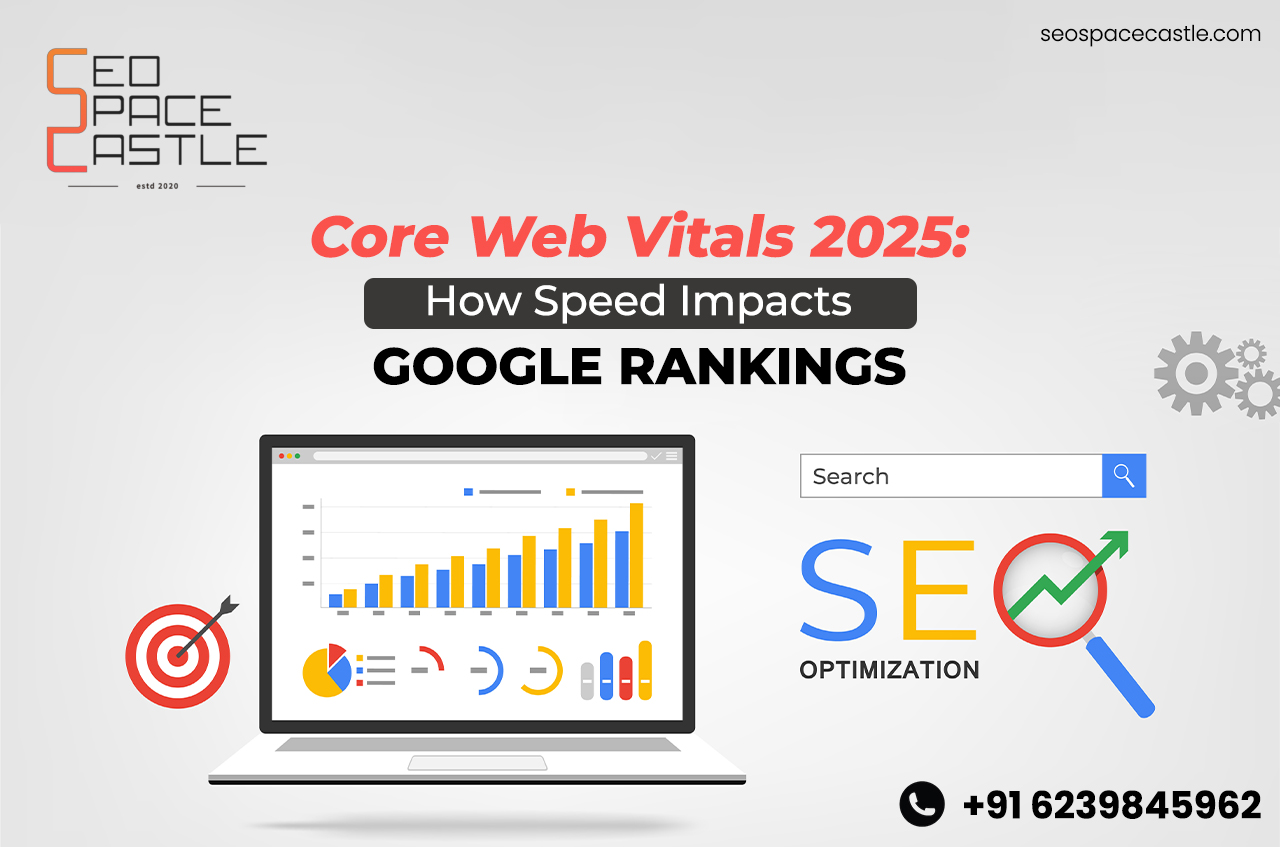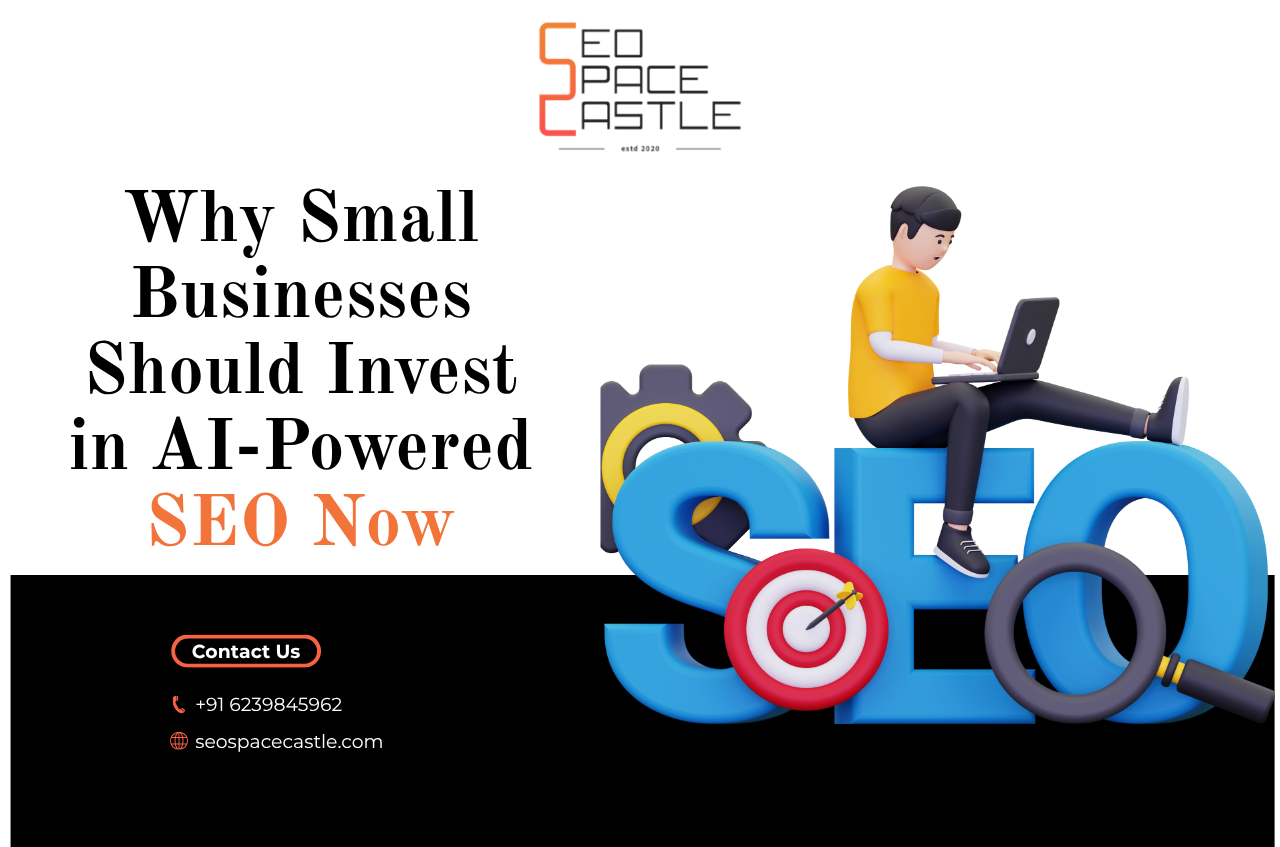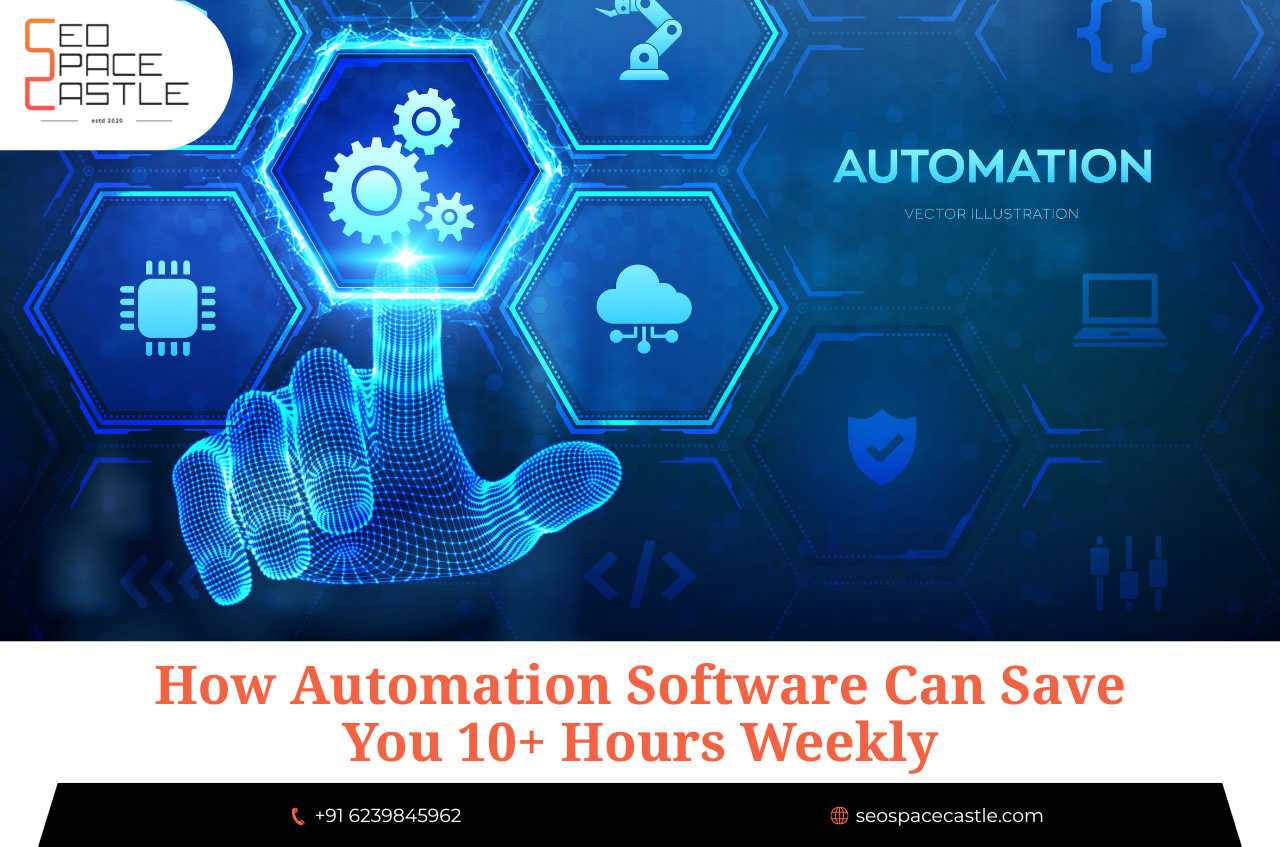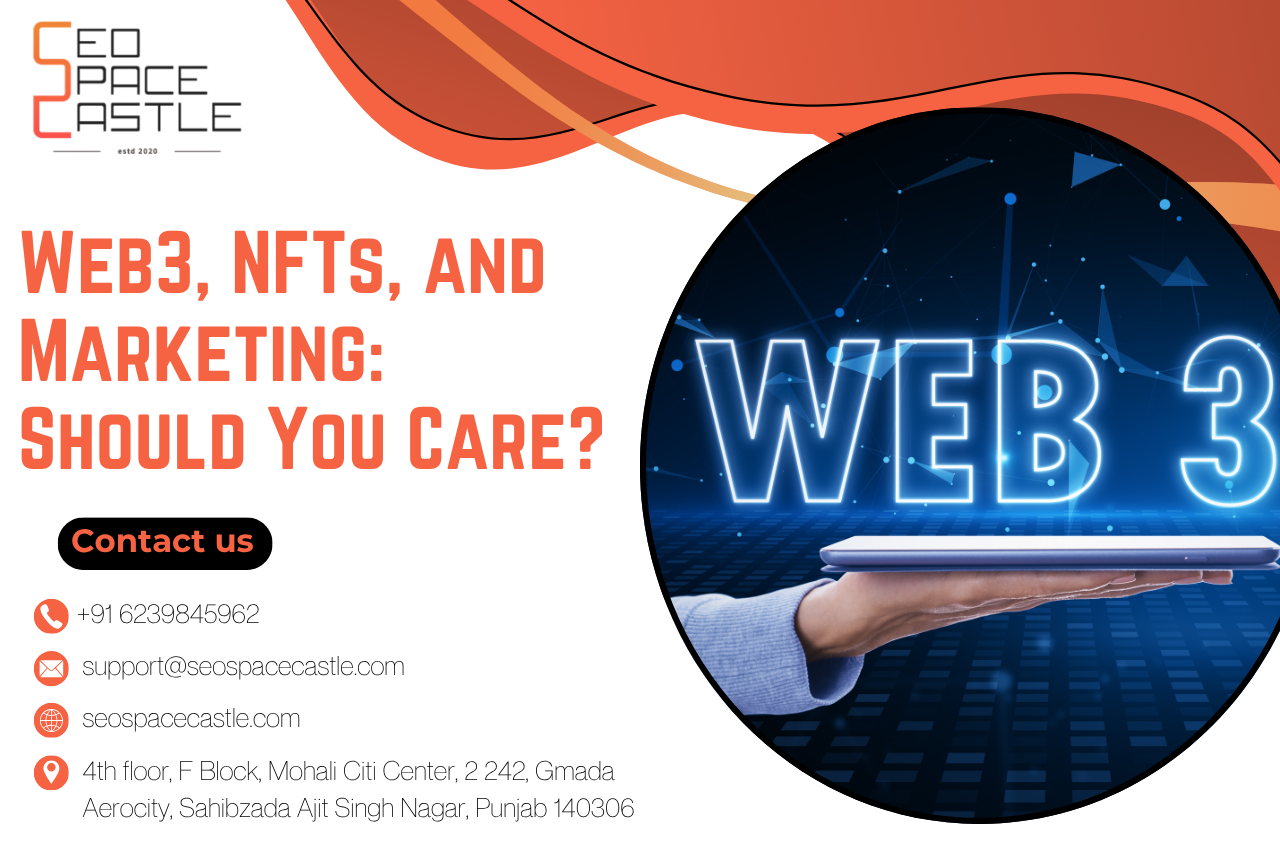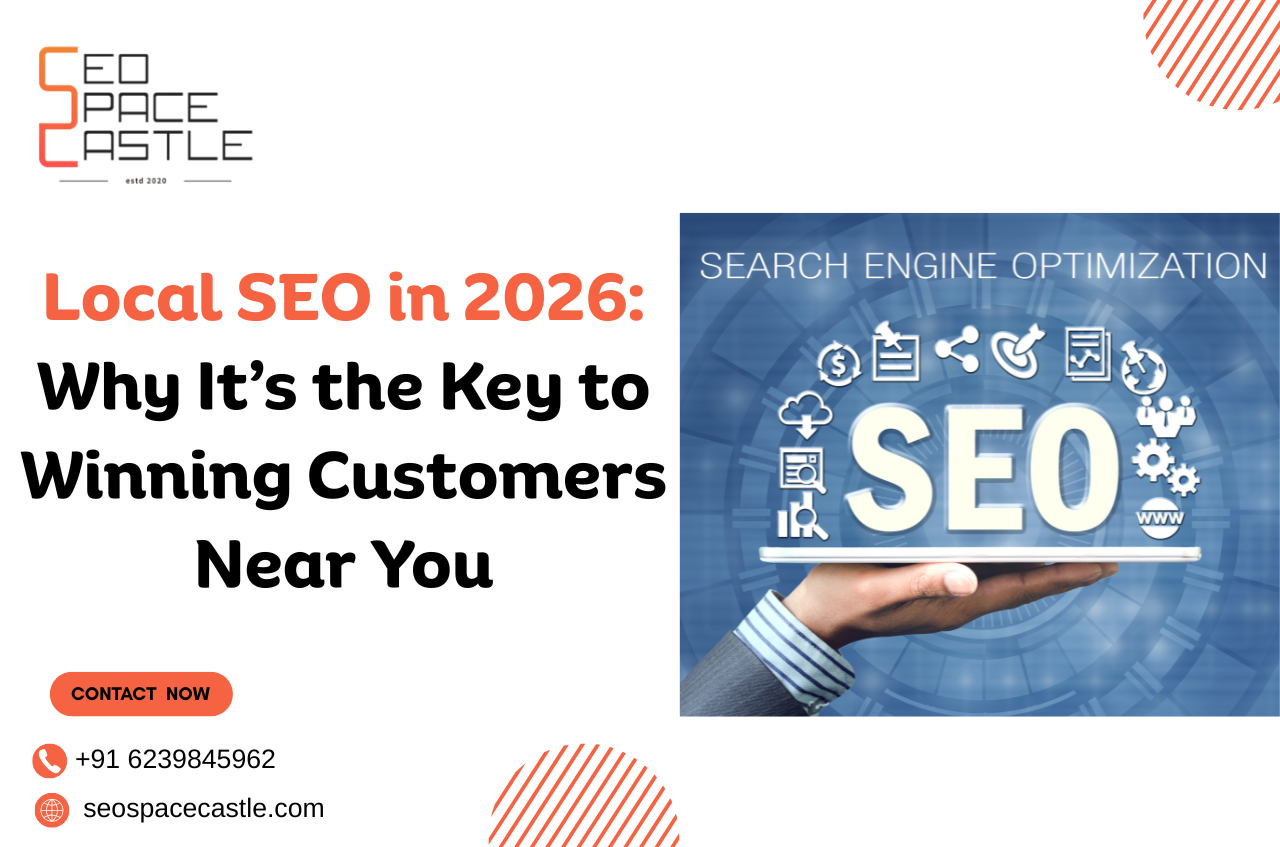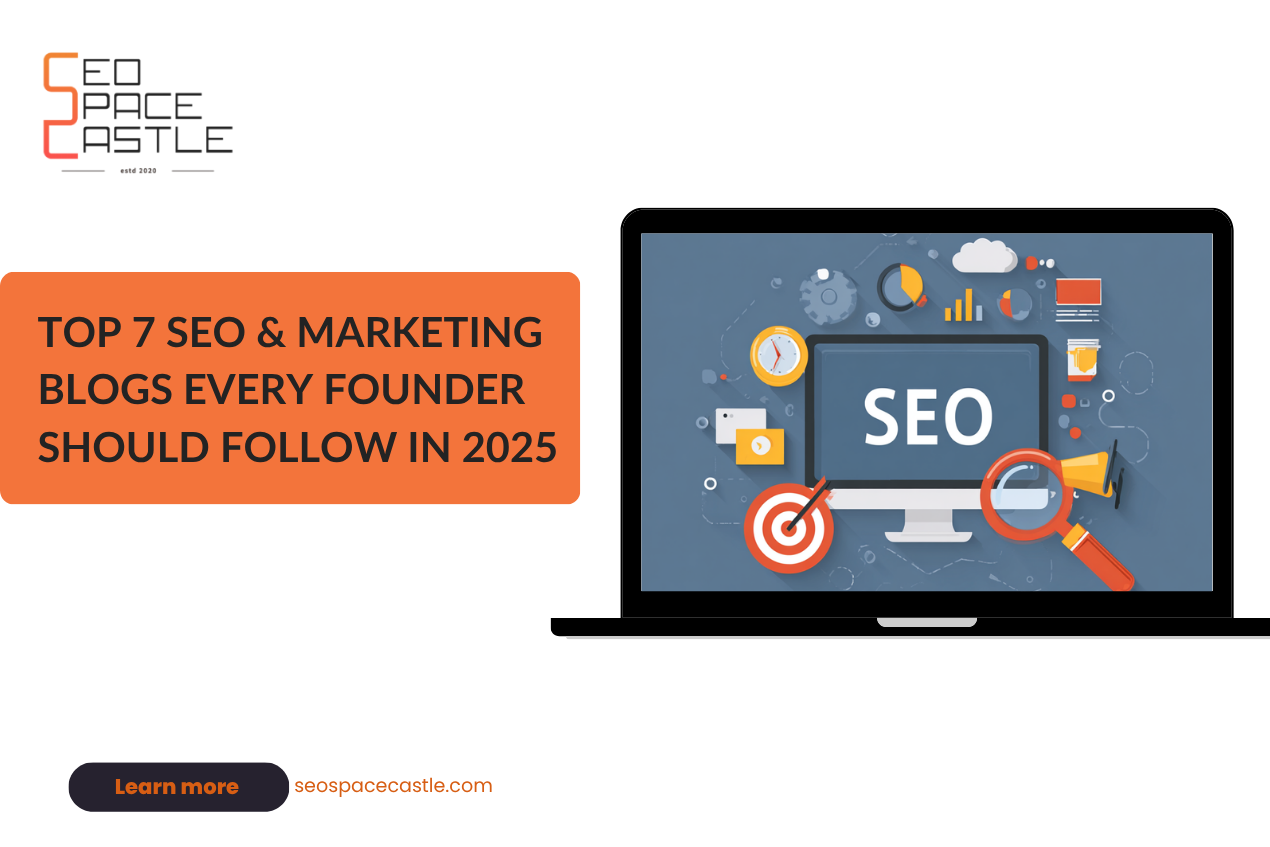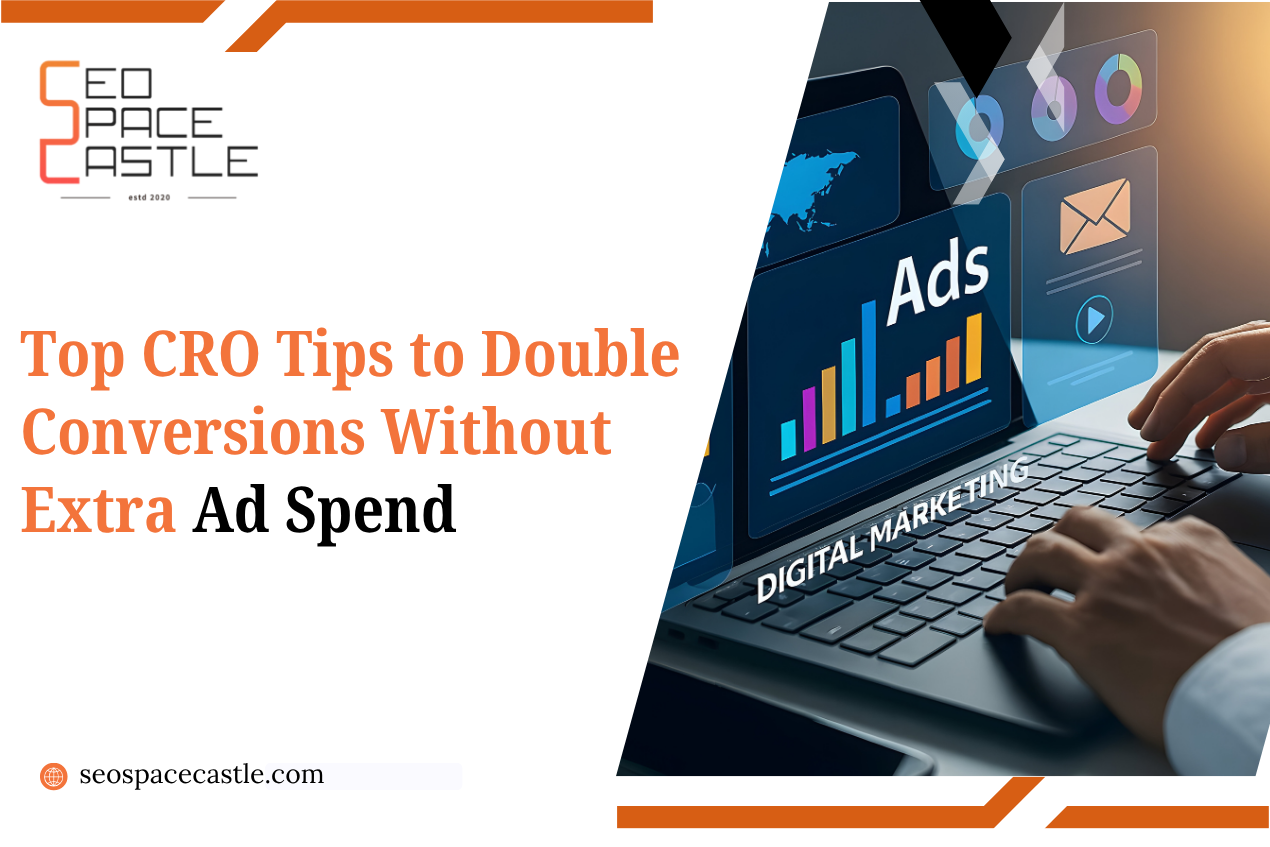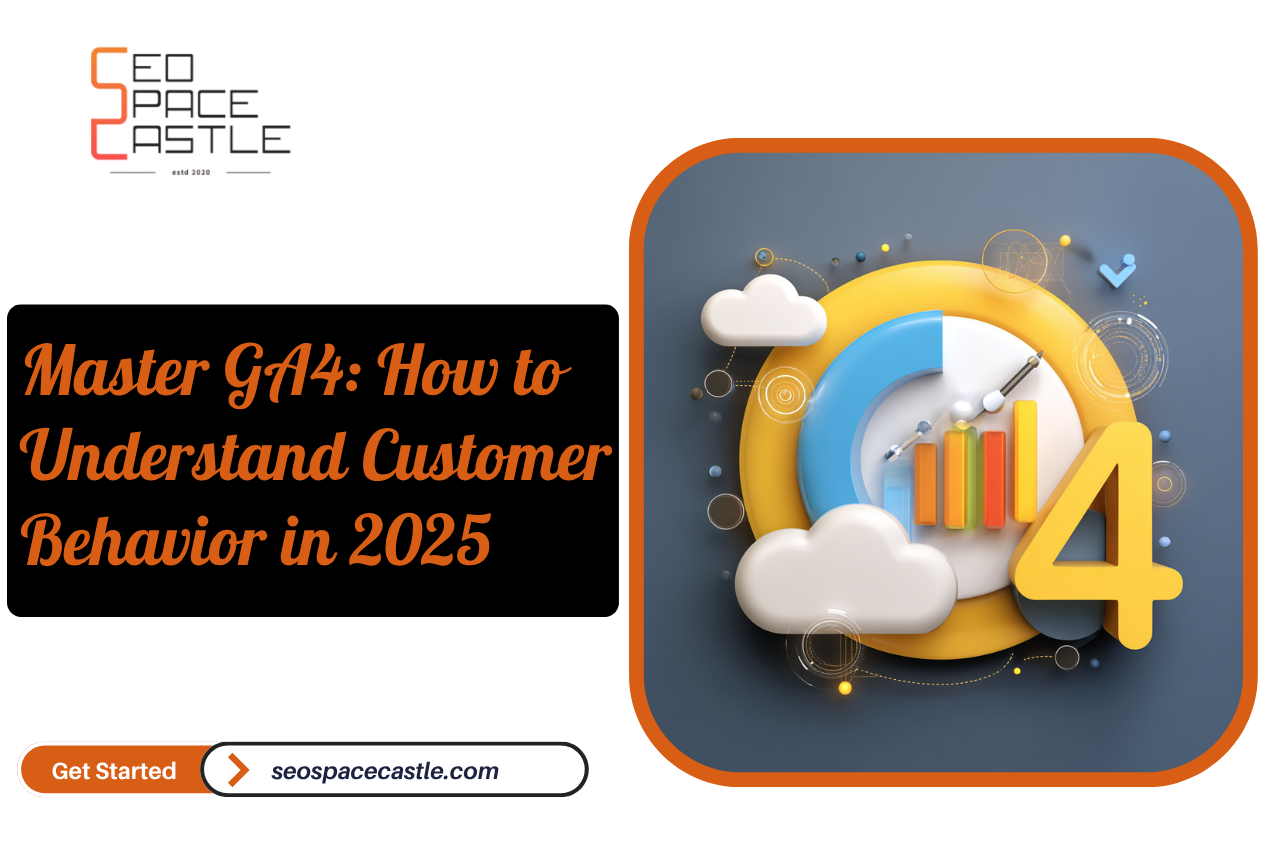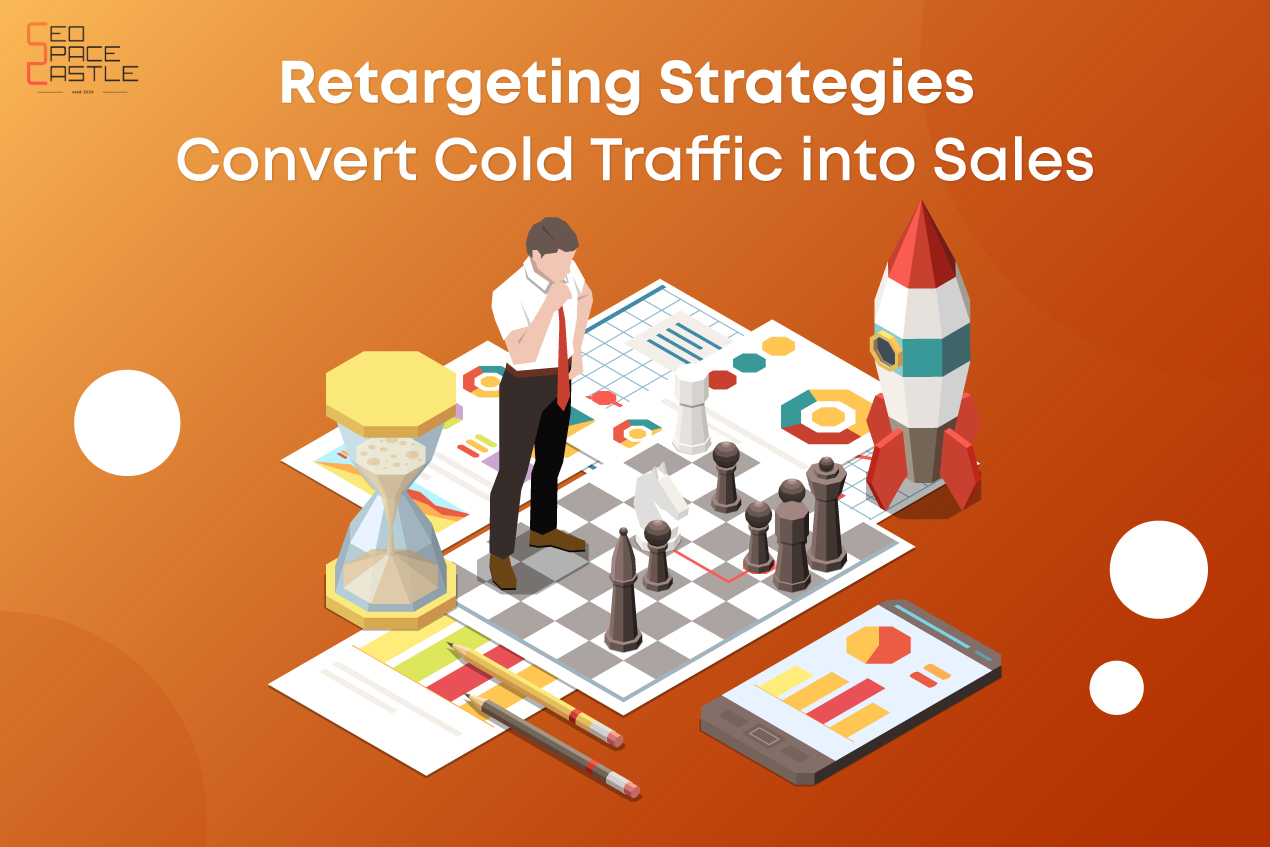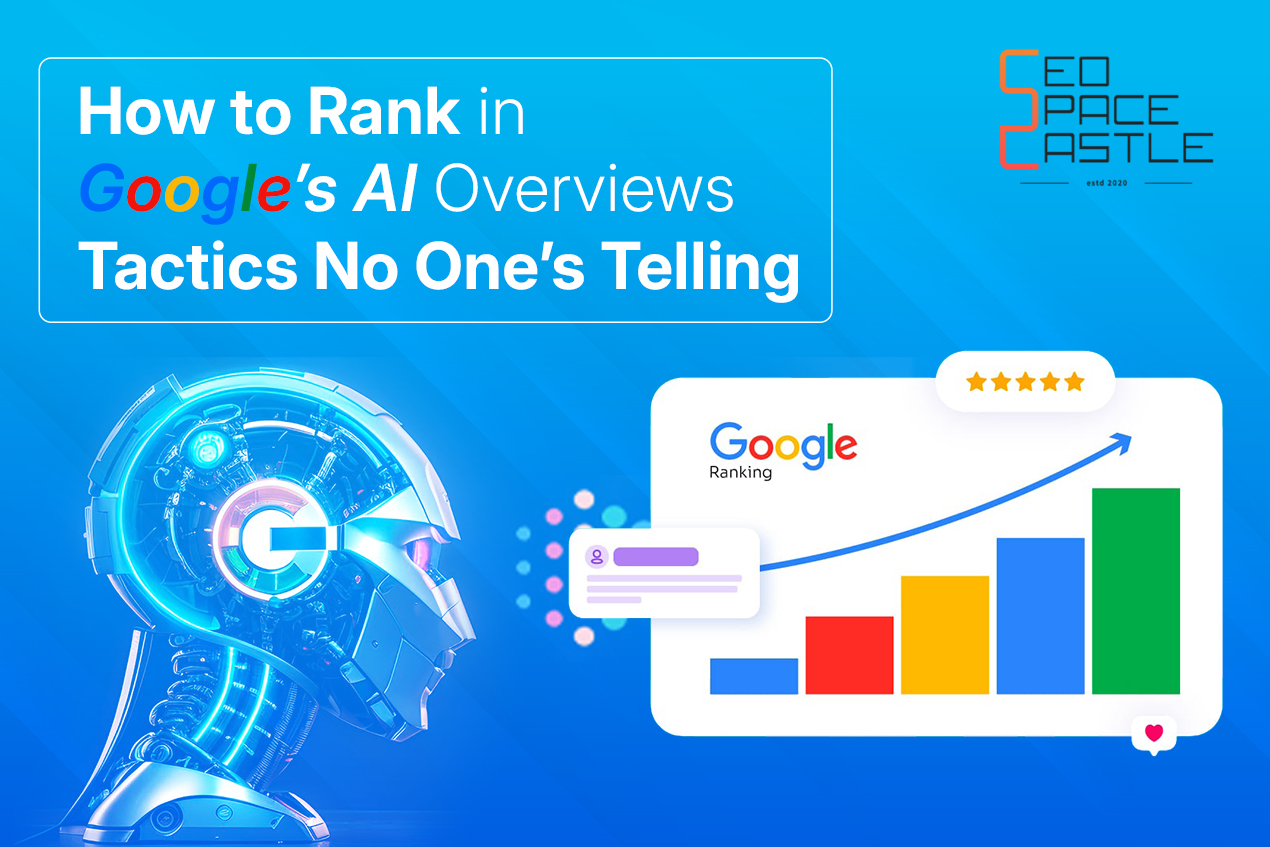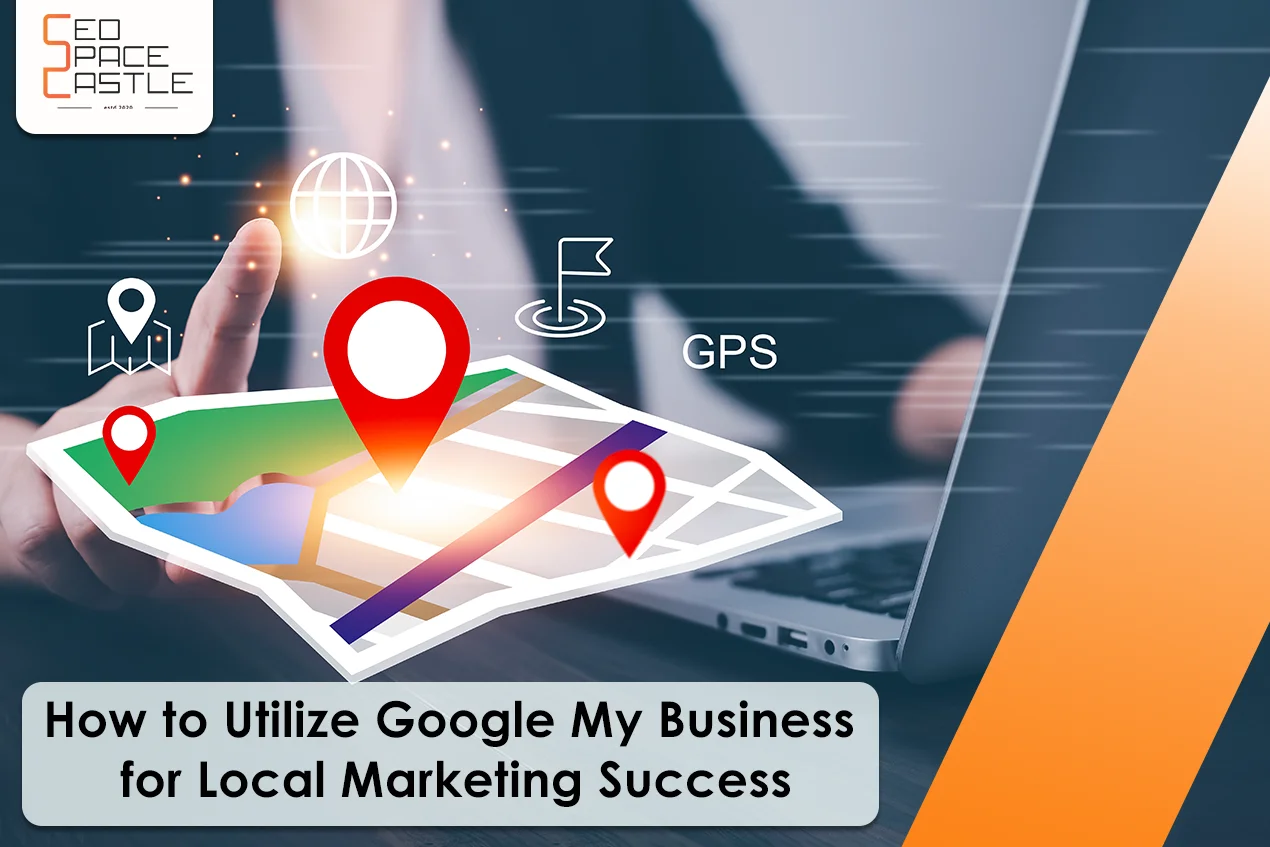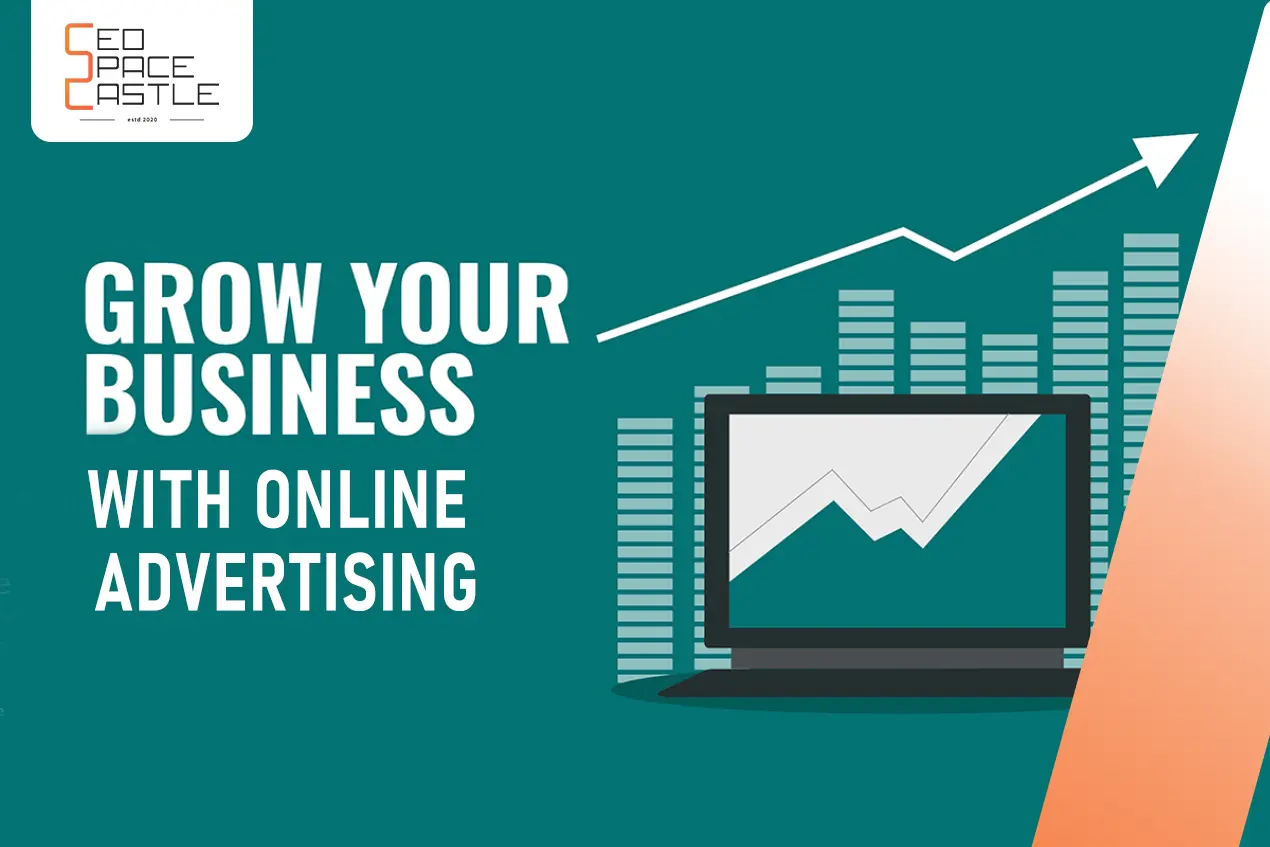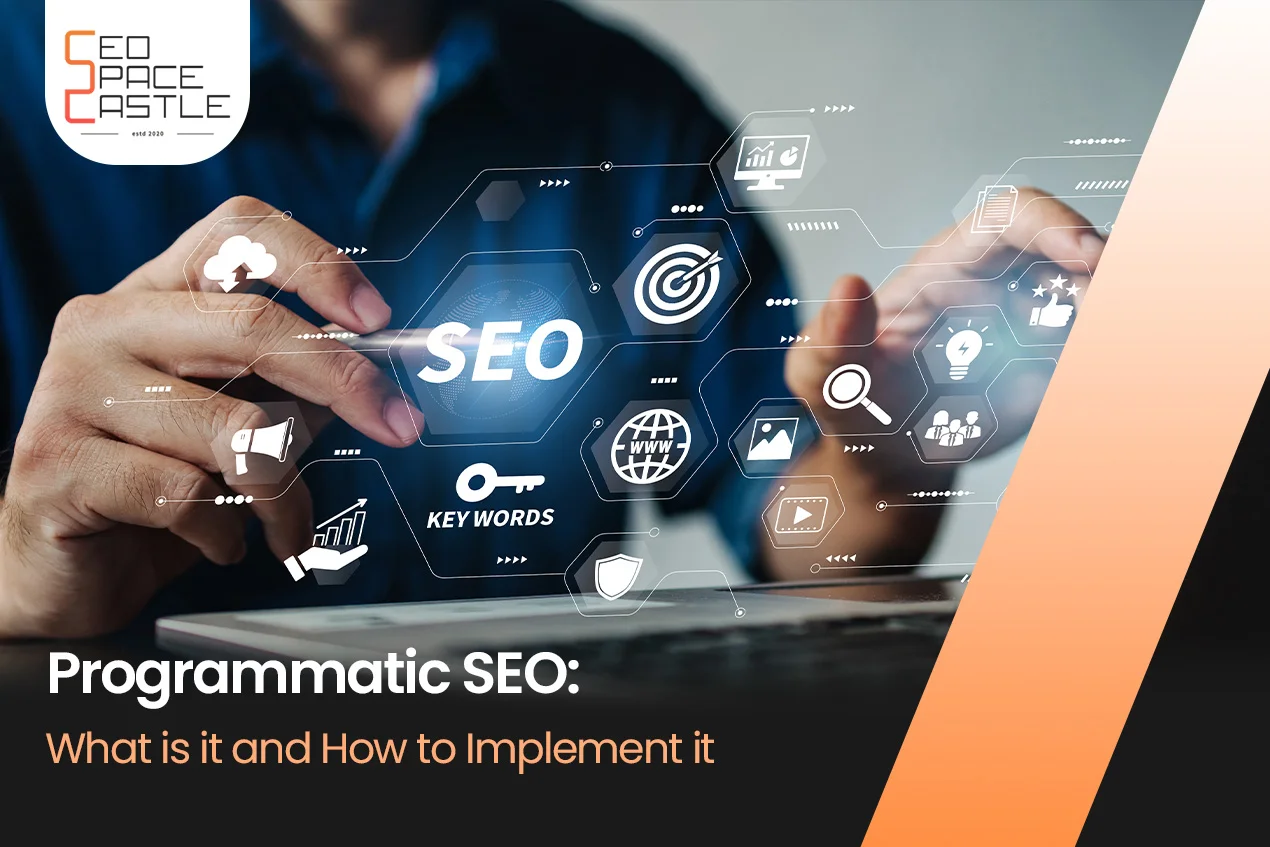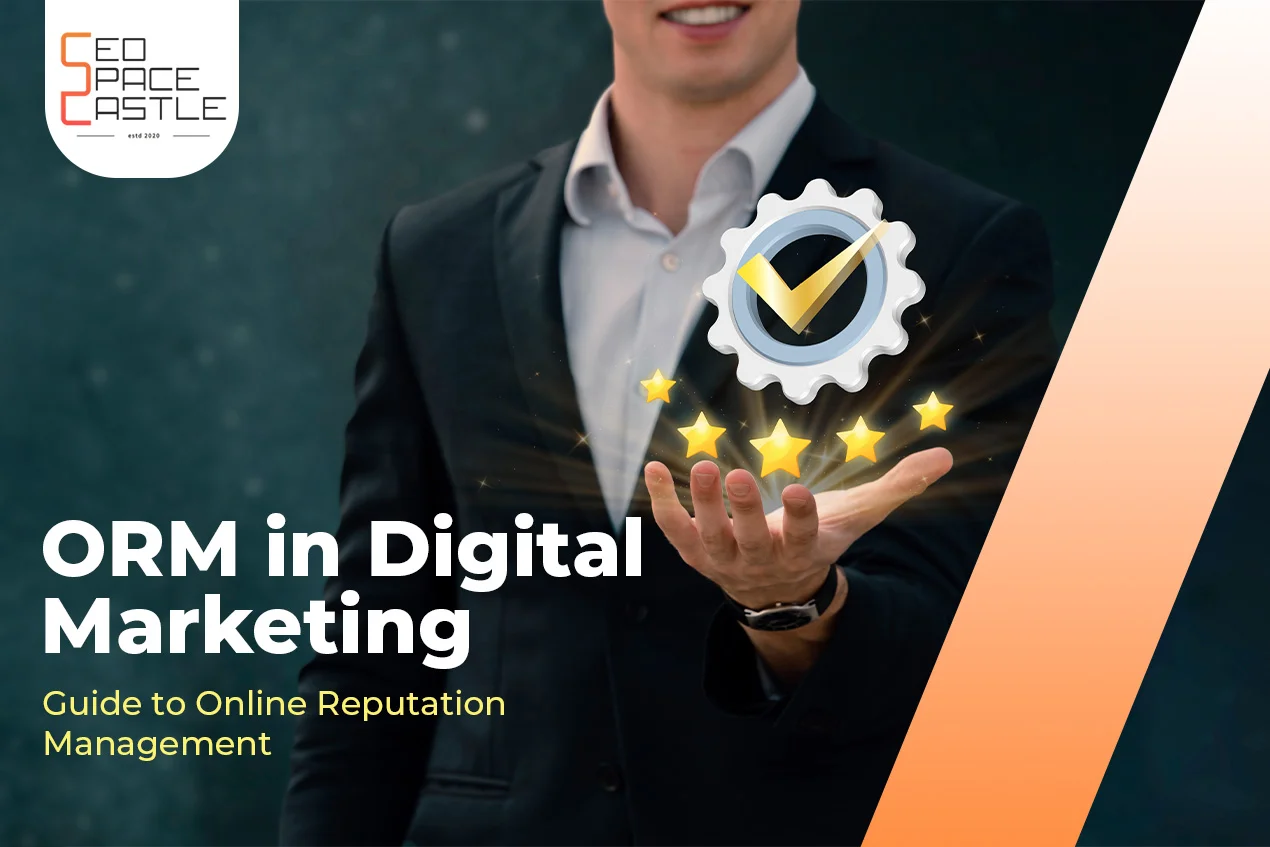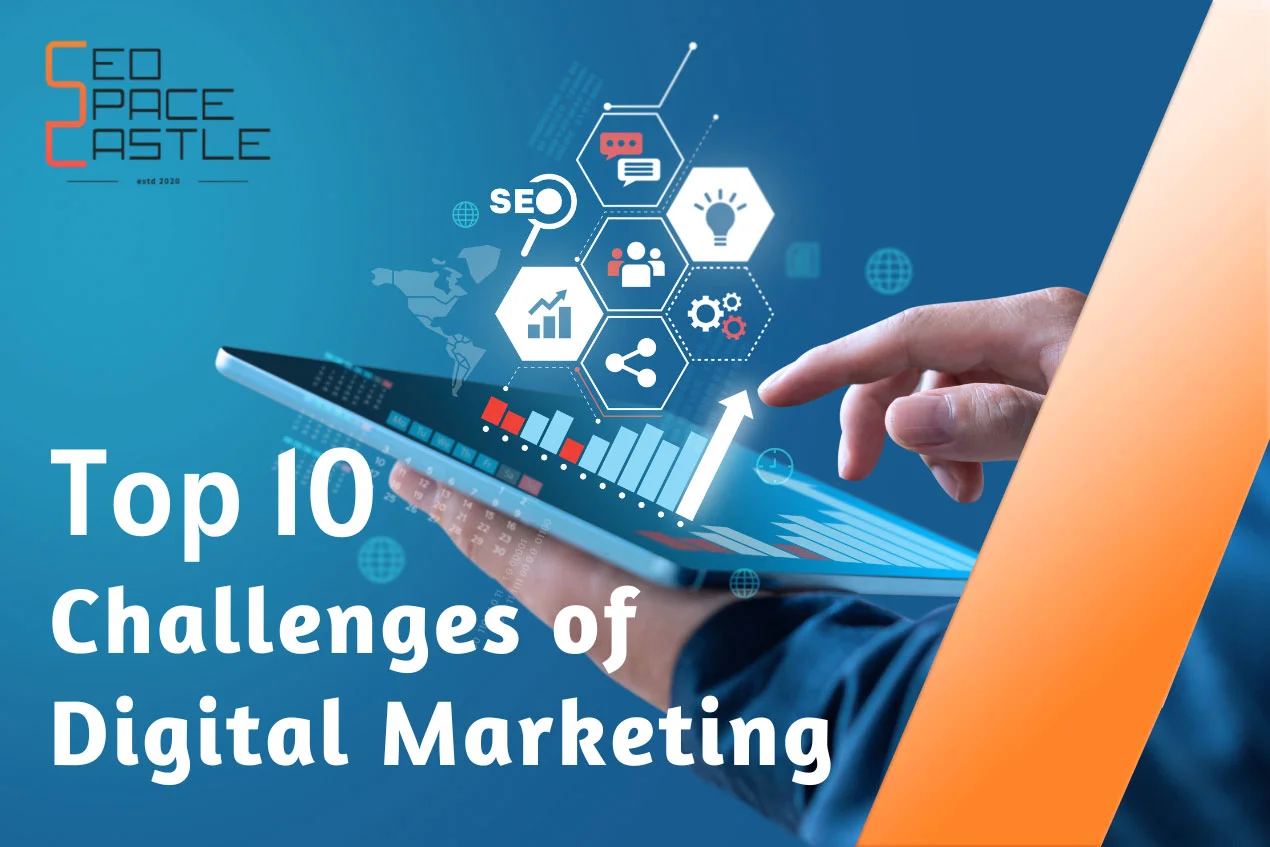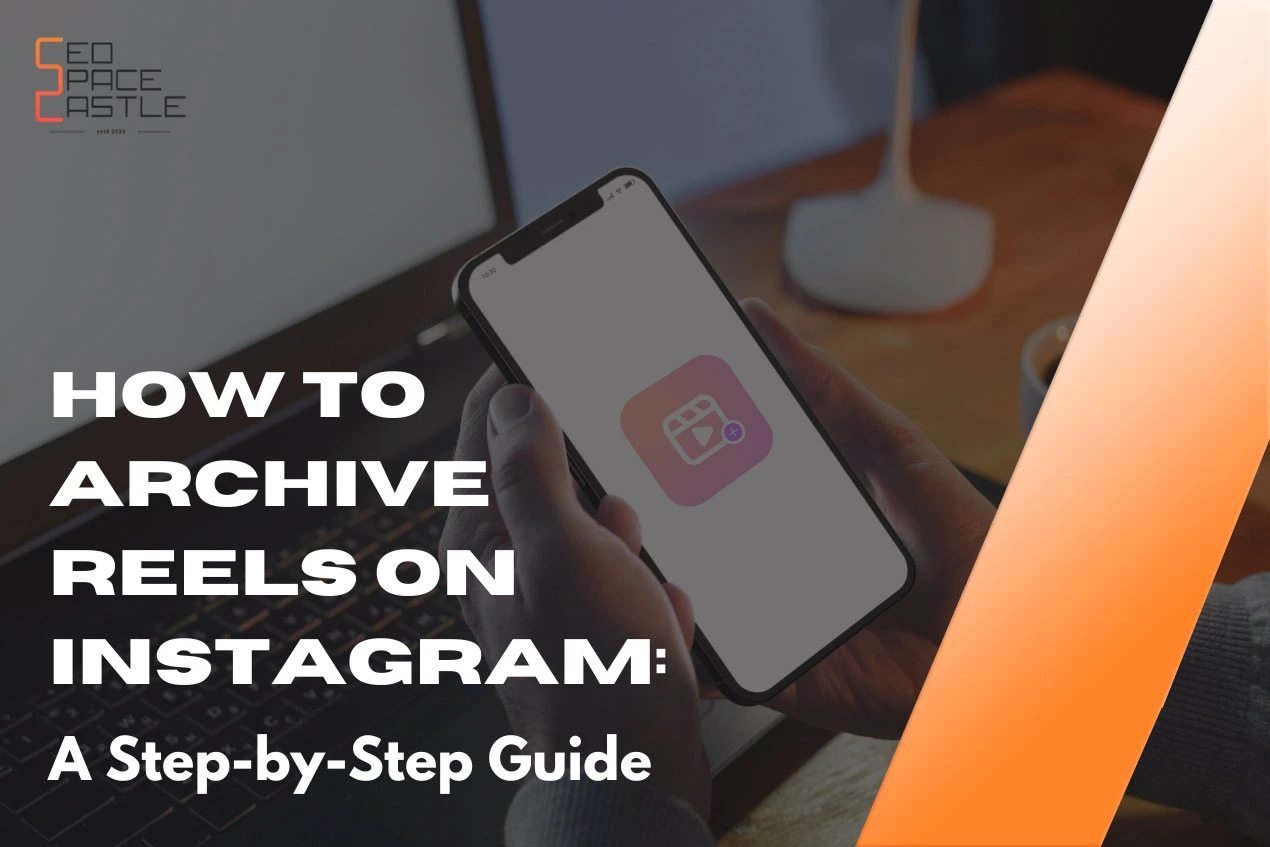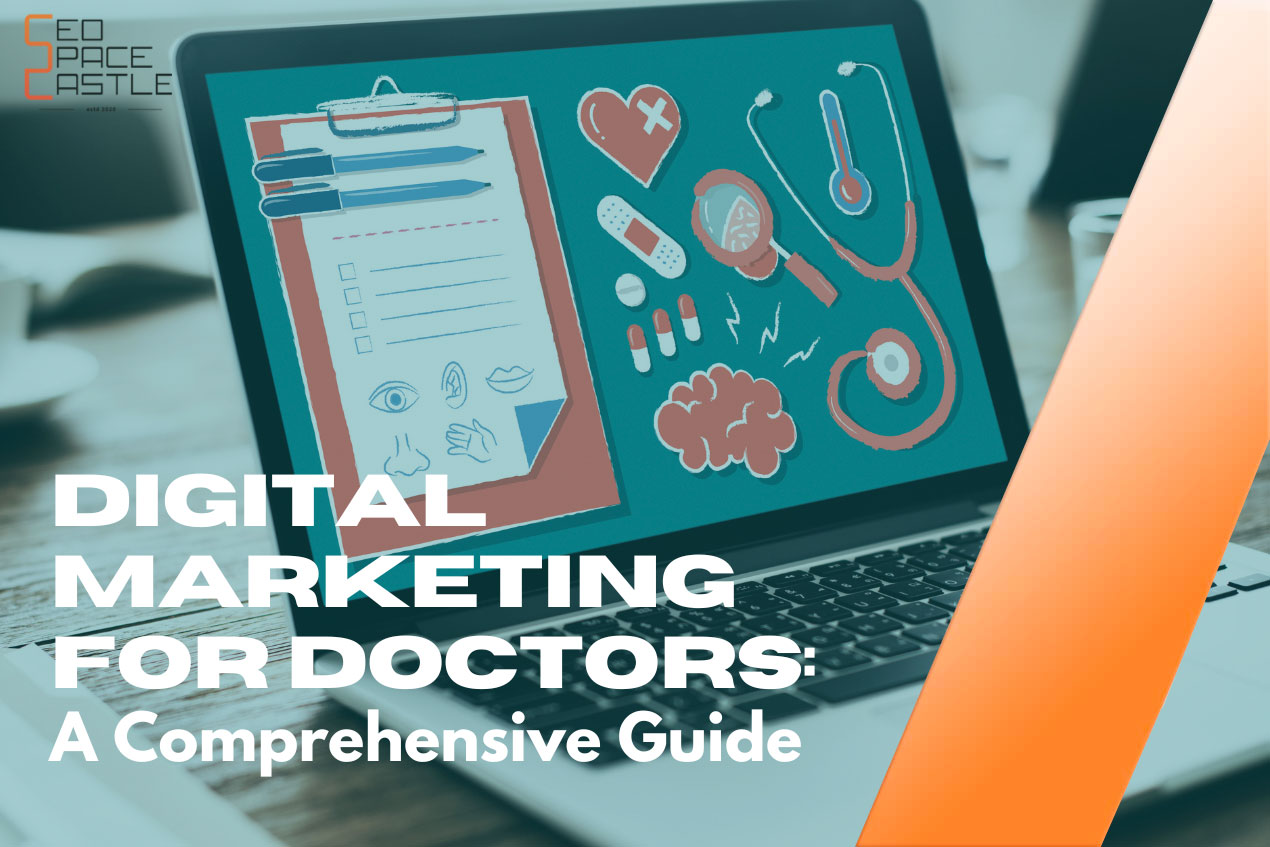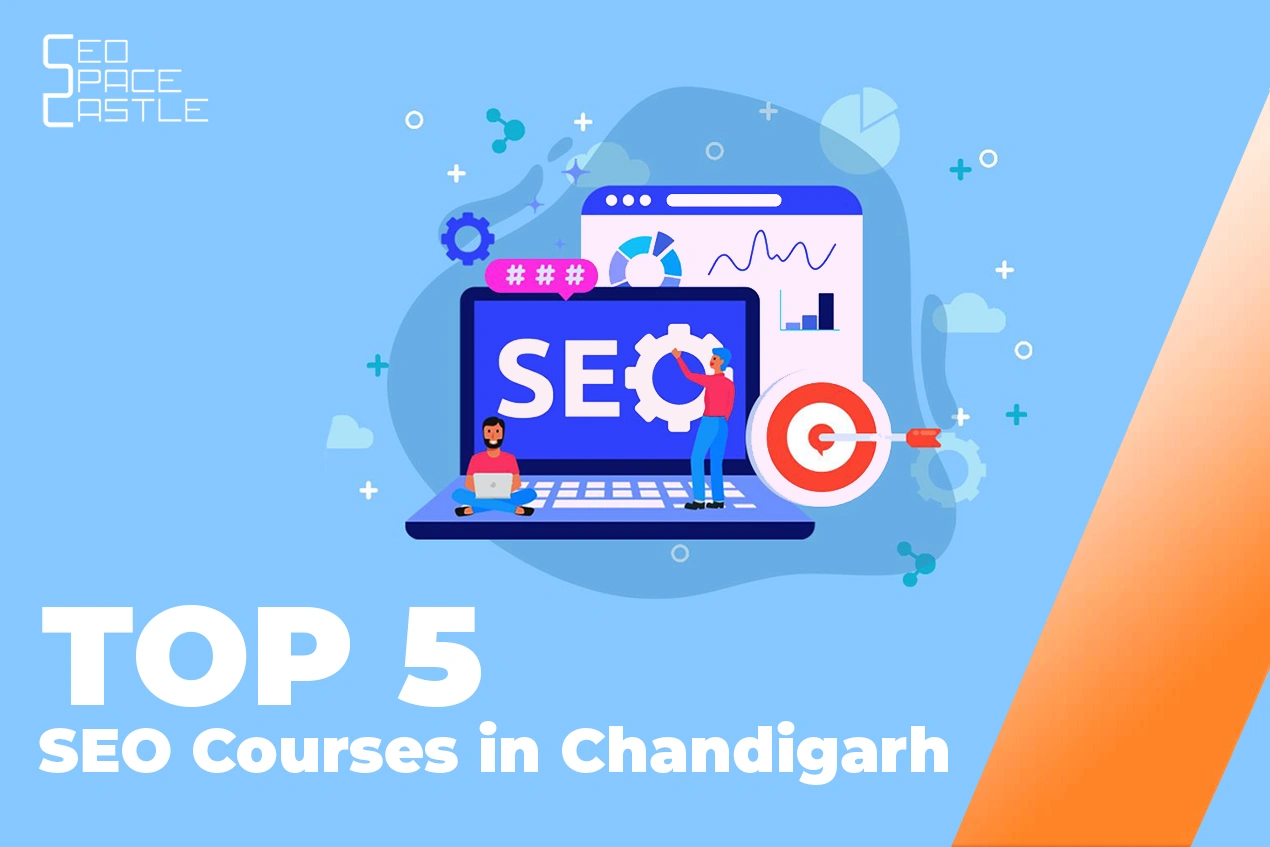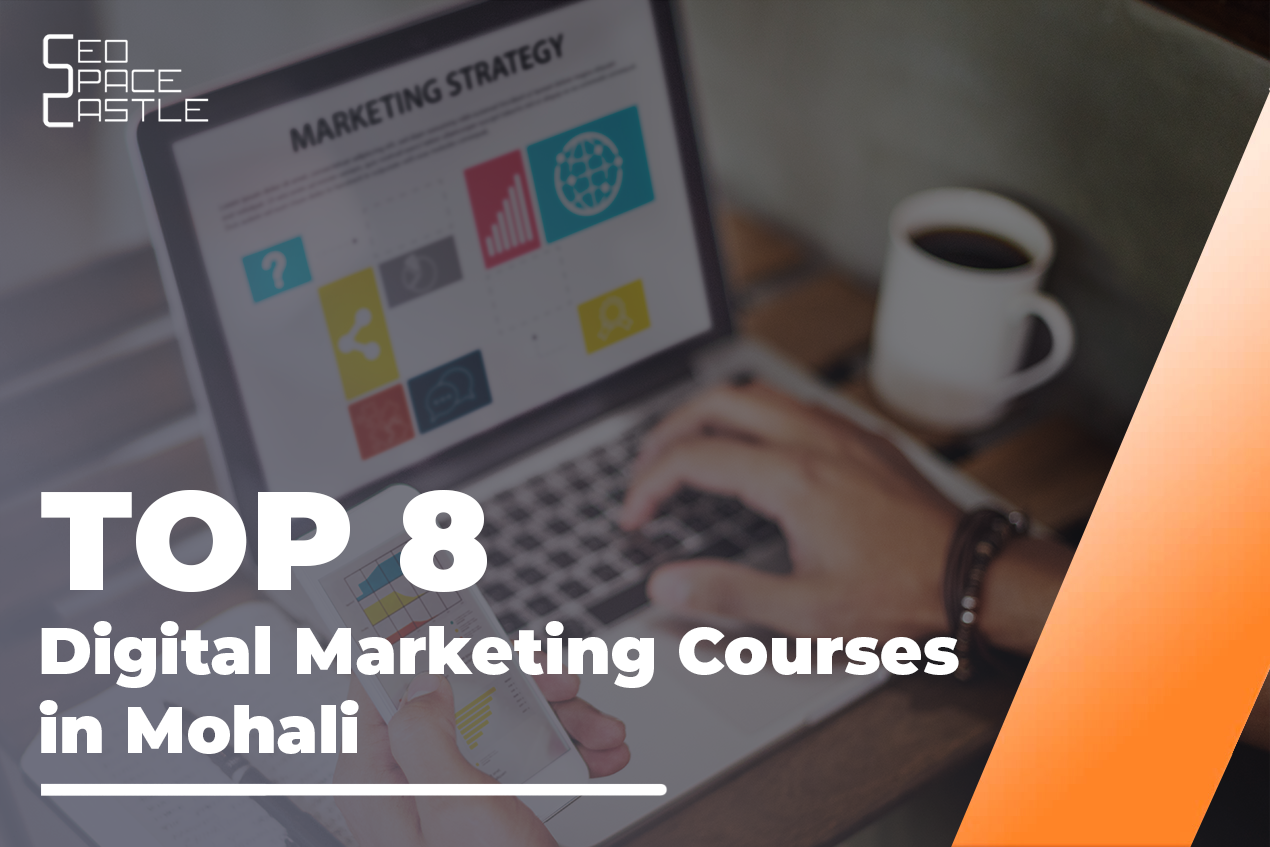In today’s world, which is heavily reliant on the internet, site visibility is of utmost importance. So, for any e-commerce website, there is a burning need for a strong online presence. Search Engine Optimization (SEO) is a powerful tool that can help businesses boost visibility, seize more traffic to their sites, and finally have greater sales. The guide will demonstrate how SEO can help improve e-commerce sites so that you can be able to get to your targeted audience and increase the revenue of your company.
Table of Contents
- Understanding SEO Basics
- On-Page SEO for Ecommerce
- Technical SEO for Ecommerce
- Off-Page SEO for E-commerce
- Content Marketing for E-commerce
- Local SEO for E-commerce
- Frequently Asked Questions
- Conclusion
Understanding SEO Basics
SEO is the abbreviation for Search Engine Optimization which is the process of optimizing a webpage such that it will have a position in the search engine result pages. Through targeting crucial keywords, building competent web content and doing technical optimization of the websites, businesses get the chance to rise in the search engine ranks like Google naturally and get traffic that comes from organic search.
SEO is crucial for e-commerce websites as it provides internet users with a fast, effective way to discover what you provide within your online business. In this manner, you can be in a position to convince those interested clients that you are capable of meeting their needs.
On-Page SEO for Ecommerce
One-page SEO involves the optimization of elements inside your site leads to an increase in search engine rank. Here are some key components to focus on for e-commerce websites:
1.) Keyword Research
Conducting keyword research is indeed the initial but crucial step in knowing what potential customers are looking for. Leverage platforms like Google Keyword Planner or SEMrush to identify keywords that revolve around your products and services. Aim for some keywords with a high search volume and for others with a tail of long words to target a wide audience with specific needs and goals.
2.) Product Titles and Descriptions
Your product titles and descriptions must be optimized with relevant keywords for better SEO. It is essential to know how search engines filter out your product and match it with the user's search. Get rid of the titles that are ambiguous, long, and misleading. Product features, consumer benefits, and brand guarantees should be highlighted in product descriptions naturally and with the use of relevant keywords.
3.) URL Structure
Make it clean, use words that describe what you're selling. Instead of messing it up with random characters or numbers, use keywords. For instance, /men-sneakers is better than /product1234. It's good for visibility on search engines and users will appreciate it.
4.) Image Optimization
They're just as important. Top-notch photos are great but beware, they can slow your site. Compress those pictures but maintain quality. The image file names and anchor texts are part of this. Include keywords; it's good for search optimization.
5.) Internal Linking
They're little signposts directing users to interesting stuff on your site. It helps search engines recognize your site's layout. Link your products, blog posts, and categories together wisely.

Technical SEO for Ecommerce
It works on hidden areas of your website to boost search engine performance. Here are some key areas to consider:
I.) Site Speed Optimization
Users love fast-loading sites, and so do search engines. You can optimize your site if you compress images and limit HTTP requests. Tools like Google PageSpeed Insights could be of help here.
II.) Mobile Optimization
With lots of people shopping on mobile devices, make sure your ecommerce site is mobile-ready. Aim for a design that can fit different screen sizes. This way, shopping on mobile gets smoother.
III.) Sitemaps and Crawling
An XML sitemap aids search engines as they crawl your site. Keep updating your sitemap when your site content or layout changes. Submit your sitemap to Google Search Console, as it eases indexing.
IV.) Canonicalization
Canonicalization prevents search engines from duplicating your content by choosing a preferred webpage when the content seems the same. Canonical tags can be useful here to guide search engines and group ranking signals.

Off-Page SEO for E-commerce
Off-page SEO is about the activities outside of your website, things that affect your search engine ranking. These techniques go a long way in earning you both authority and credibility in the online marketplace.
1.) Backlink Building
Backlinks from trusted sites are one of the significant factors of trust and authority rankings. This implies that search engines believe in the reputation of your site. Doing this will increase referrals if you create high-quality content that has other websites jump in and link to your content as well. In addition to this, you can also partner with influencers or bloggers to help in promoting and sharing links.
2.) Social Media Engagement
Social media channels give you a chance to connect with your target audience and bring them on this platform using an e-commerce website. Put your products, promotions, and blog content on Facebook, Instagram, and Twitter on these platforms to build more awareness.
3.) Online-Reviews and Reputation-Management
Positive online reviews can uplift the reputation of your website and also help in enhancing the traffic that one gets from Search Engines. Promote happy customers to give their commendations on Google My Business, Yelp, and Trustpilot websites. For any negative reviews, being sensitive, and responding quickly and professionally is of utmost significance.
Content Marketing for E-commerce
Marketing with content involves creating and distributing content of real value across marketing channels to create communication with the target audience. For e-commerce websites, consider these content marketing strategies:
1.) Blog posts: Generate product tips, tutorials, and share industry news, all with your products in mind.
2.) Videos: Give product samples through example videos, reviews, and insider looks to keep the people interested in the brand.
3.) Guides and eBooks: Share more detailed explanations that deliver value to your present customers.
Content marketing not only drives traffic to your site but also establishes your brand as an authority in your niche.

Local SEO for E-commerce
Local SEO is a great way to hit your audience in specific places or areas within your given surroundings. Optimize your e-commerce website for local searches by Optimize your e-commerce website for local searches by:
1.) To get discovered by potential customers, you should also ensure that you have claimed and optimized your Google My Business listing.
2.) Enriching your content with location-specific keywords in the titles, meta descriptions, and your content, too.
3.) Encouraging local purchasers who have used our service to share what they think about it as reviews on Google My Business and other sites.
Frequently Asked Questions
Conclusion
SEO serves as a perfect instrument that may improve the visibility of your online store, get more customers onboard, and increase your sales. With the aid of on-page, technical, and off-page SEO strategies, you will be able to have a better ranking in a search engine and attract more traffic easily.
If you're looking for expert guidance consider SEO Space Castle a digital marketing agency with e-commerce SEO services in India as their speciality. Their team of experts will help you to master the intricacies of how SEO works for e-commerce sites, thus, ensuring optimum performance of your site and outreaches to the customers that you wish to.







